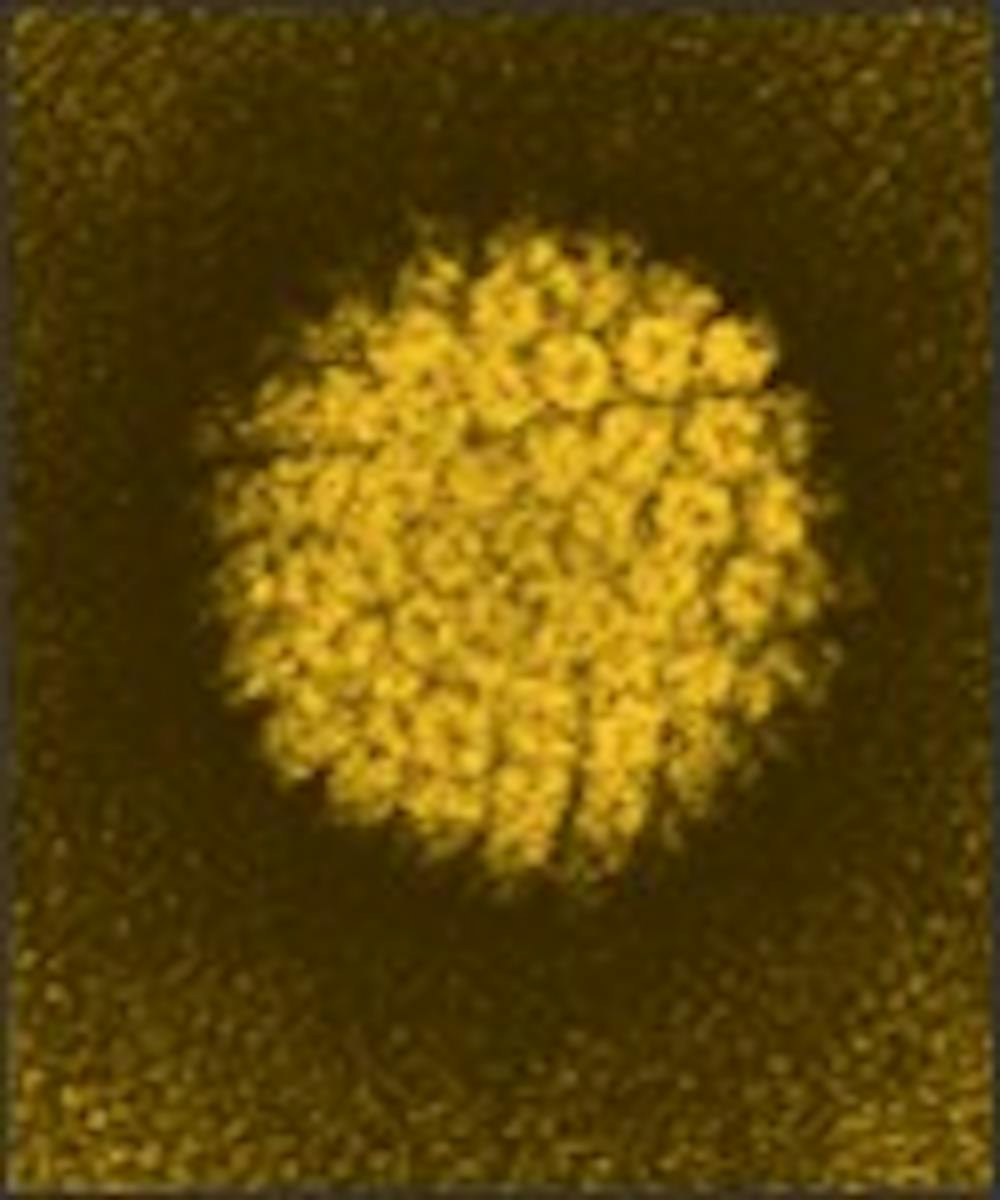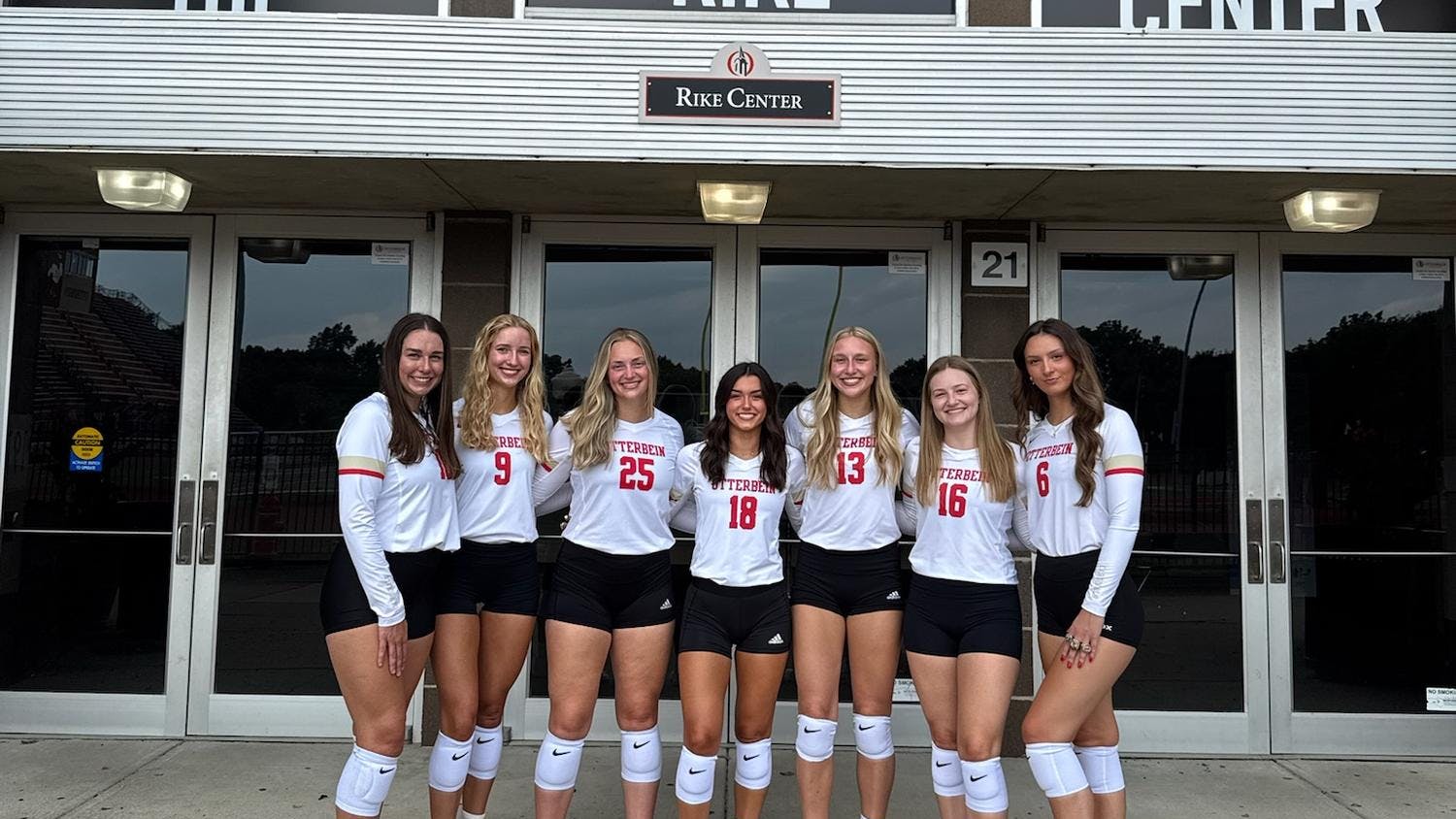A CDC report published in 2014 stated that the rate of HPV vaccination coverage among adolescent girls was 57.3 percent and 34.6 percent for adolescent boys in 2013.
While these numbers are significantly higher than the year before, the HPV vaccine is considered to be underutilized.
HPV is a common sexually-transmitted disease that contains many strands. Some of these strands, if they persist for more than a short time, can cause cervical cancer. According to Guttmacher.org, HPV accounts for 70 percent of cases of cervical cancer.
However, the CDC reports that HPV can also cause “cervical, vaginal and vulvar cancers in women and penile cancer in men.” In addition it can cause genital warts and other types of cancer.
Eva Fried, professor of nursing, said that the vaccine was originally approved and intended for women because of the risk of cervical cancer. HPV was considered to be non-lethal to men who would simply transmit it during sex. This perception changed over time as the community became more aware of the effects of the disease on males.
Vaccines for HPV vary, but the Gardasil vaccine specifically targets strains of HPV which cause cervical cancer. The CDC recommends that boys and girls receive the 3-dose vaccines at age 11 or 12. It also recommends that boys aged 13-21 and girls 13-26 receive the vaccine.
Fried said there is no adverse effect of receiving the vaccine, but said the shot may not be covered by insurance past the age of 26 and it will not be as effective. Fried said the shot will be most effective if it is administered before the beginning of sexual activity, which is why it is approved for girls as young as 9. However, the public perception of this vaccine may affect how widely it is used.
“One of the biggest barriers is that parents don’t want to think of their 9-12-year-old being sexually active and pediatricians are uncomfortable bringing it up,” Fried said. “People tend to think of it as a ‘sex vaccine’ instead of a ‘cancer vaccine,’ so there is an effort to frame it more as a 'cancer vaccine,' which really is what it is.”
Guttmacher reports that most private health insurance covers the shots. The Affordable Health Care Act allows parents’ insurance to cover their children until age 26. In addition, Medicaid and the Vaccines for Children program cover the immunizations
Both Otterbein’s student health center and the Ohio state university recommend the HPV vaccine to students.








